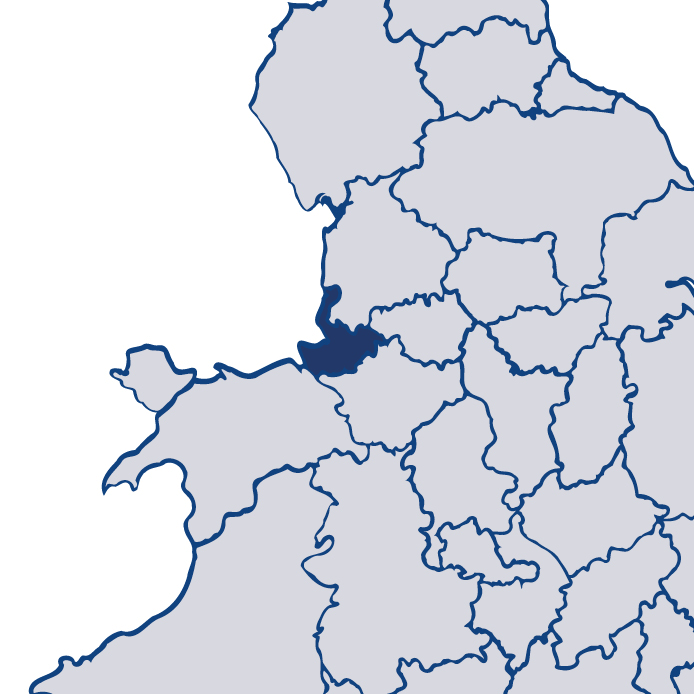Merseyside 2017
Read more about MerseysideThis is HMICFRS’ fourth PEEL (police effectiveness, efficiency and legitimacy) assessment of Merseyside Police. PEEL is designed to give the public information about how their local police force is performing in several important areas, in a way that is comparable both across England and Wales, and year on year. The assessment is updated throughout the year with our inspection findings and reports.
The extent to which the force is effective at keeping people safe and reducing crime is good.
The extent to which the force is efficient at keeping people safe and reducing crime is good.
The extent to which the force is legitimate at keeping people safe and reducing crime is good.
HMI's observations
Read my assessment of Merseyside Police below.
I am very pleased with the performance of Merseyside Police in keeping people safe and reducing crime.
The force continues to protect and support vulnerable people effectively, and it has well-established procedures for dealing with mental health incidents. Its workforce clearly understands the importance of vulnerability. It has successful working partnerships with other public sector bodies and charities. The force is proactive in identifying modern slavery and human trafficking.
The force understands its demand, and is now more flexible in the deployment of its workforce. It has sound financial plans and has developed clear arrangements for working with other organisations.
It treats members of the public and its own workforce with fairness and respect, and has good public scrutiny arrangements. It has also improved the way it consults its workforce.
I commend Merseyside Police for maintaining the standard of its performance since last year, while introducing changes that will help it to sustain an effective service.
Effectiveness
How effective is the force at keeping people safe and reducing crime?
Efficiency
How efficient is the force at keeping people safe and reducing crime?
Legitimacy
How legitimate is the force at keeping people safe and reducing crime?
Other inspections
How well has the force performed in our other inspections?
In addition to the three core PEEL pillars, HMICFRS carries out inspections of a wide range of policing activity throughout the year. Some of these are conducted alongside the PEEL inspections; others are joint inspections.
Findings from these inspections are published separately to the main PEEL reports, but are taken into account when producing the rounded assessment of each force's performance.






